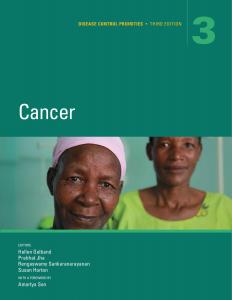Smoking and other risk factors cause almost half of cancer deaths, study finds
Smoking, drinking alcohol, being overweight and other known risk factors were responsible for nearly 4.45 million cancer deaths around the world in 2019, new research suggests. The new study is the first to estimate how a list of 34 risk factors contribute to cancer deaths and ill health globally, regionally and nationally, across age groups, for both sexes and over time.
Dr. Christopher Murray, Adjunct Professor of Global Health and Director of the UW Institute for Health Metrics and Evaluation, is quoted.
